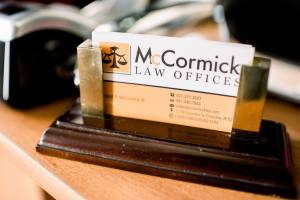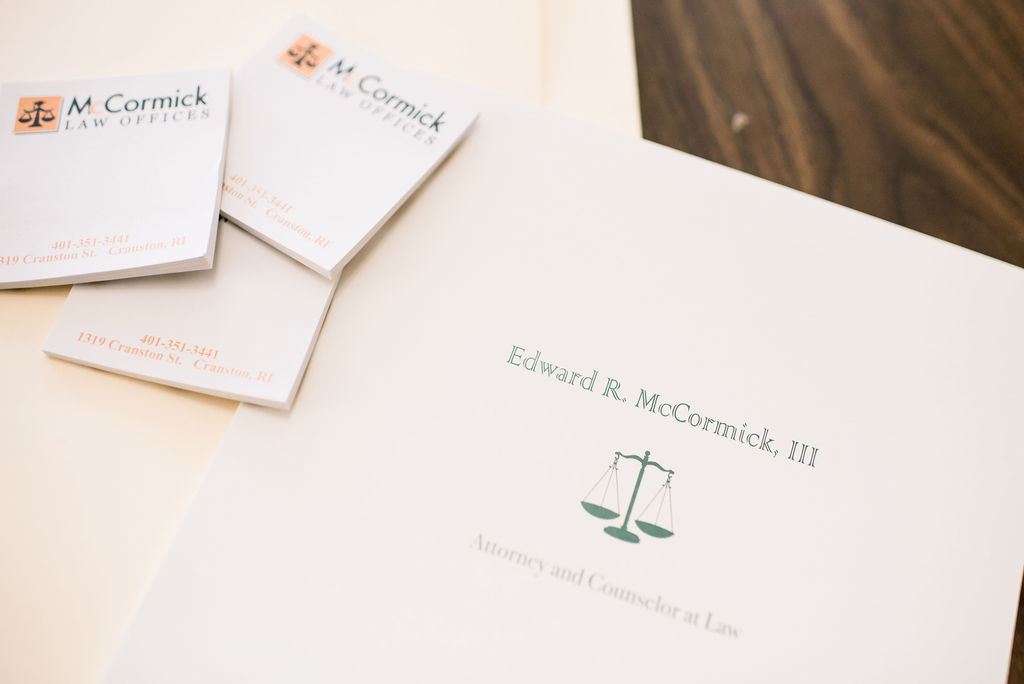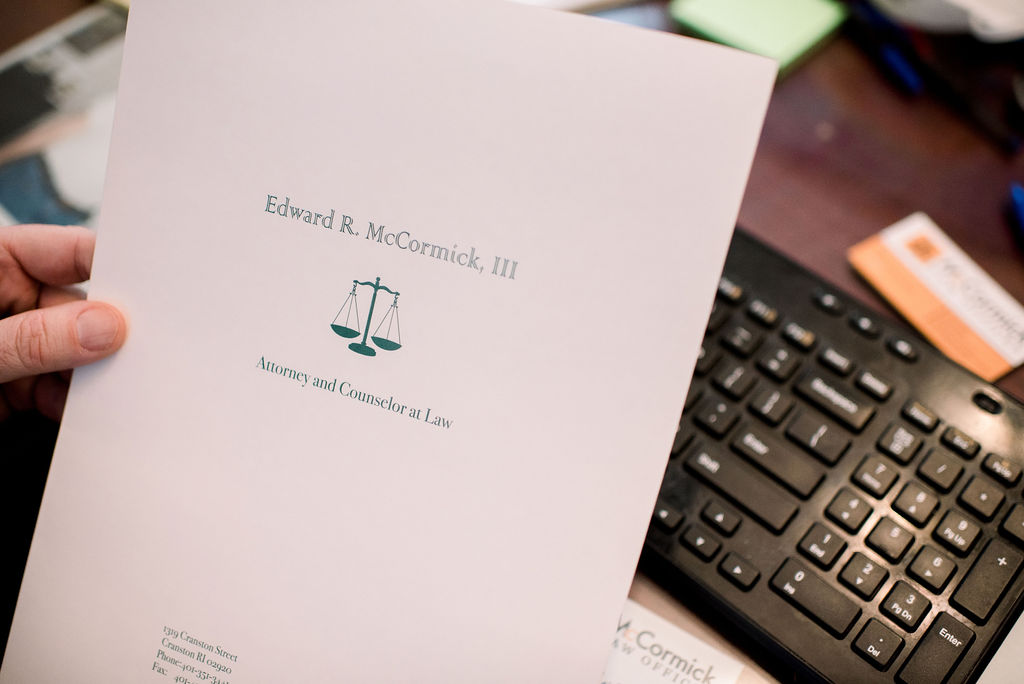Losing a loved one is never easy—especially when you’re tasked with managing their estate. If you’ve been named an executor or administrator, you’ll likely need to navigate probate and estate administration in Rhode Island. This guide walks you through the key steps, legal obligations, and how a probate attorney can help ensure everything is handled properly and respectfully.
What Is Probate?
Probate is the legal process of proving a will’s validity, identifying the decedent’s assets, paying debts, and distributing property to heirs. If there is no will, the estate is handled under Rhode Island’s intestacy laws.
The process typically takes place in the local probate court of the town where the deceased lived at the time of death.
When Is Probate Required?
In Rhode Island, probate is generally required when:
- The deceased owned real estate in their name alone
- The estate includes solely held bank accounts, vehicles, or other titled assets
- The total value of the estate exceeds $15,000
Small estates may qualify for simplified procedures, but most will require formal court involvement.
Duties of an Executor or Administrator
The executor (named in the will) or administrator (appointed if no will exists) is responsible for:
- Filing the will with the probate court
- Notifying heirs, creditors, and beneficiaries
- Inventorying the estate’s assets
- Paying valid debts and taxes
- Distributing remaining assets
- Filing necessary court forms and accounting reports
This role carries legal responsibilities and potential personal liability, which is why legal guidance is essential.
How Long Does Probate Take in Rhode Island?
The probate process typically takes 6 to 12 months, though it may extend longer if:
- The estate is large or complex
- There are disputes among heirs
- Real estate must be sold
- Tax issues arise
Proper planning and experienced legal help can reduce delays and complications.
Can Probate Be Avoided?
Certain estate planning tools can help avoid probate, such as:
- Living trusts
- Joint ownership with right of survivorship
- Payable-on-death (POD) and transfer-on-death (TOD) designations
- Gifting assets during life
Explore Probate & Estate Services to learn more about proactive planning options.
How an Attorney Can Help
Probate involves strict deadlines, court procedures, and financial accountability. A probate attorney helps by:
- Filing court paperwork
- Guiding you through asset inventory
- Communicating with beneficiaries and creditors
- Resolving disputes or will contests
- Preparing final accountings and closing the estate
Legal support reduces stress and ensures compliance with Rhode Island law.
Related Reading
Learn more about managing estates and planning ahead:
Final Thoughts
Navigating probate and estate administration in Rhode Island doesn’t have to be overwhelming. With an experienced attorney at your side, you can settle your loved one’s affairs with care, accuracy, and peace of mind. Whether you’re drafting a will or administering an estate, legal guidance ensures the process is handled respectfully and within the law.
Need help administering an estate or preparing your own plan?
Contact McCormick Law Offices to schedule a consultation.







